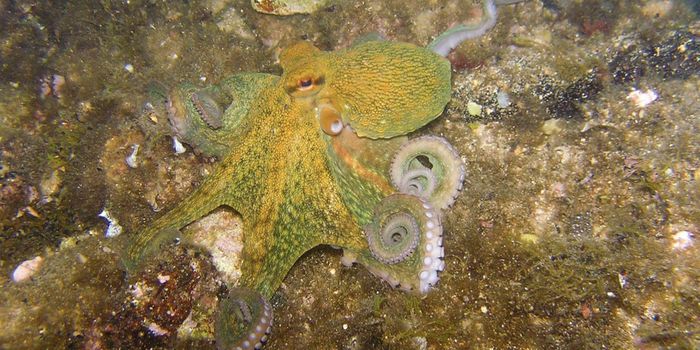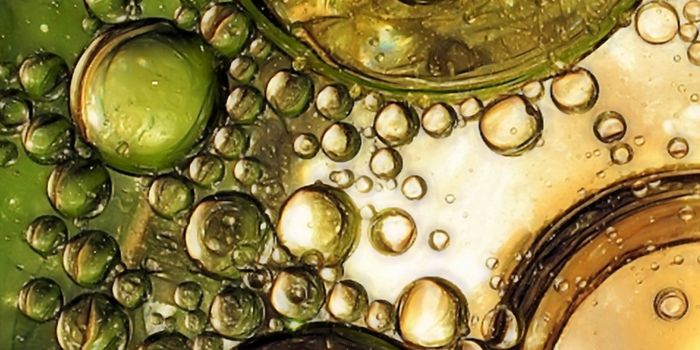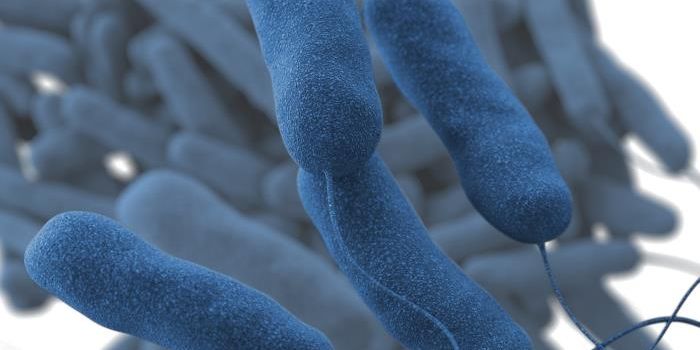The Keanu Molecule - A Pesticide Alternative
The microbes of the world battle one another for domination, and some bacteria produce powerful molecules that can work against other microbes. Researchers have now discovered that some Pseudomonas bacteria generate strong antimicrobials that work against pathogenic fungi that affect humans, as well as plant fungal diseases. The findings have been reported in the Journal of the American Chemical Society.
The chemicals that have been identified are called keanumycins, and these compounds can destroy a plant pest called Botrytis cinerea, which causes grey mold rot and leads to huge economic losses annually. Keanumycins can also inhibit pathogenic fungi that affect humans, including Candida albicans. Previous studies have indicated that it's harmless to human and plant cells.
Keanumycins may offer an environmentally friendly way to protect plants without using chemical pesticides. They may also be a weapon in the battle against drug-resistant fungi.
"We have a crisis in anti-infectives," noted first study author Sebastian Götze, a postdoc at Leibniz-HKI. "Many human pathogenic fungi are now resistant to antimycotics, partly because they are used in large quantities in agricultural fields."
The research team has been investigating Pseudomonas bacteria for a long time, and they know that many types of Pseudomonas are toxic to amoeba. The deadly effect of the bacteria is due to a few compounds that the investigators have traced to the Pseudomonas genome. The natural products are lipopeptides called keanumycins A, B and C, which have soap-like characteristics.
One of those keanumycins was isolated so it could be studied further. "The lipopeptides kill so efficiently that we named them after Keanu Reeves because he, too, is extremely deadly in his roles," quipped Götze.
Some fungi have a resemblance to amoeba, and the researchers suspected keanumycins would also kill fungi. Indeed, tests reveled that Keanumycin could kill grey mould rot on hydrangea leaves. With only the fluid collected from a culture of bacterial, fungal growth slowed.
Additional work will be needed to confirm the findings, but the liquid from Pseudomonas cultures could be used on plants, Götze noted.
Keanumycin is also biodegradable, which suggests that permanent residues from the compound won't contaminate soil, and it could be an environmentally friendly pesticide alternative.
"In addition, we tested the isolated substance against various fungi that infect humans. We found that it strongly inhibits the pathogenic fungus Candida albicans, among others," added Götze. There aren't many antifungals on the market, so this would be a welcome addition to the pharmacy.
Sources: Leibniz Institute for Natural Product Research and Infection Biology - Hans Knoell Institute, Journal of the American Chemical Society









